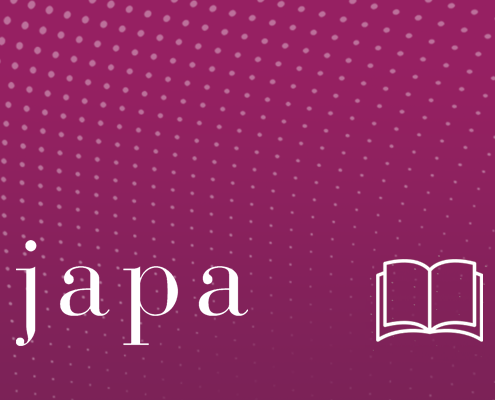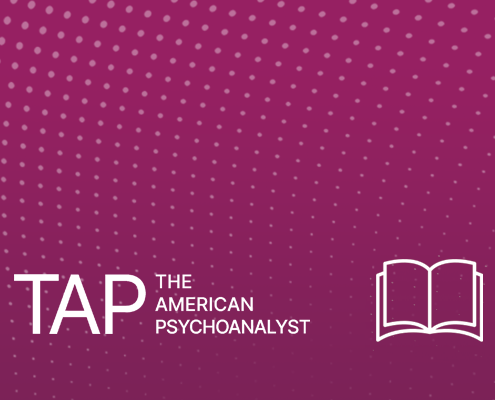Speaker: Elizabeth Brett, PhD
Discussant: Alfred Margulies, MD
From his first publications, Hans Loewald presents a model of mother?infant unity, in which psychic development takes place in the tension systems of an interpersonal field. He outlines the almost undetectable and emergent processes in the psyche as psychological functioning begins to form and evolve in its earliest stages, proposing a conception of development based on successive levels of differentiation and integration. All of these proposals, influenced by Heidegger and Loewald’s philosophic training, challenged basic concepts of Freud’s and of the psychoanalytic theory of the day. Many, especially early readers, were confused by these challenges, particularly given Loewald’s strong agreements and disagreements with carefully, explicated positions of Freud’s; by the magnitude of the theoretical questions under consideration; and by the attraction to and suspicion of Loewald’s poetic writing.
APsA Publications

The Journal of the American Psychoanalytic Association (JAPA)
JAPA is a peer-reviewed journal publishing original articles and commentaries, ground-breaking research, thoughtful plenary addresses, in-depth panel reports, and more.

The American Psychoanalyst (TAP)
APsA’s triannual magazine, TAP, offers a psychoanalytic perspective on current events in psychology, the arts, and culture for mental health professionals, students, and the general public.

Psychotherapist Newsletter
The Psychotherapist Newsletter features scientific programs and publications about psychoanalytic psychotherapy, personal reflections, social and community issues, and advocacy.
© 2009-2025 American Psychoanalytic Association | 122 East 42nd Street, Suite 2310, New York, NY 10168 | Phone: (212) 752-0450 | [email protected]

